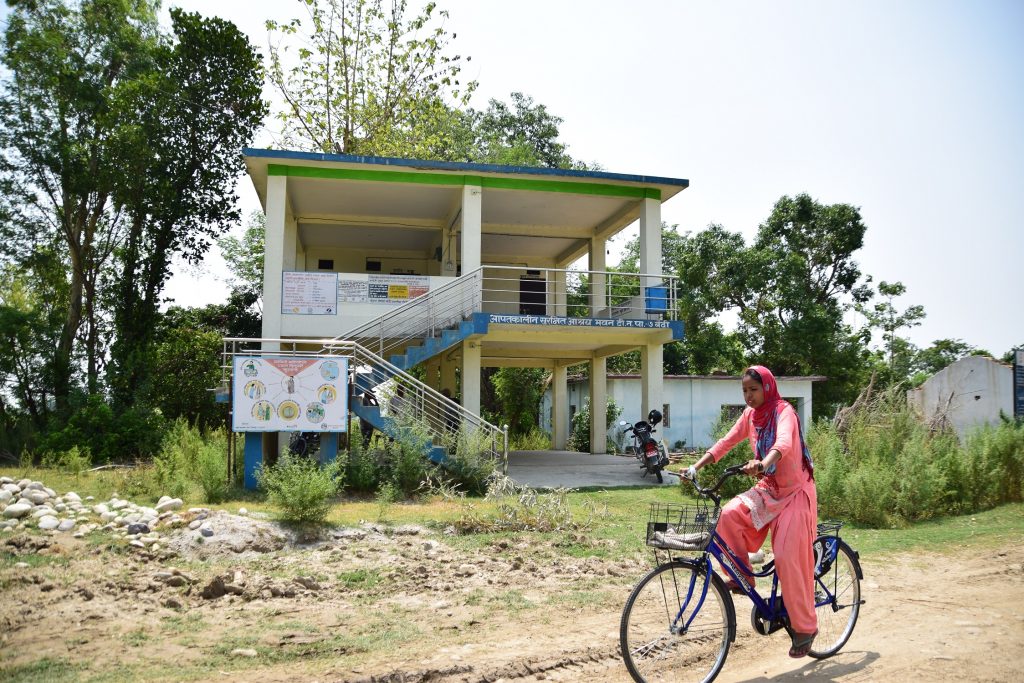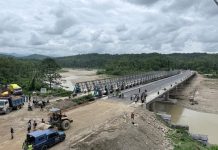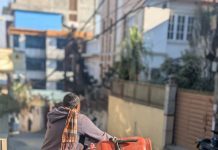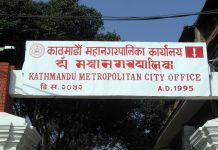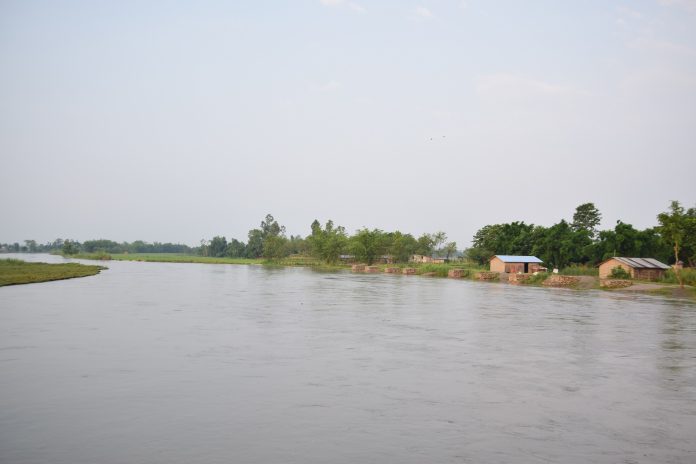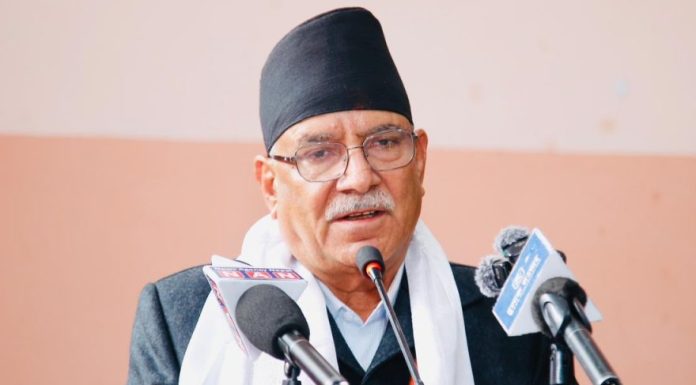Kathmandu, 23 June. A new study has found increased vulnerability of Nepal’s flood prone communities to Coronavirus.
In communities surveyed by Practical Action and Mercy Corps in western Nepal, over half of the flood evacuation sites do not have the handwashing facilities while 80 per cent lack quarantine facilities. Because of the growing pandemic and lockdown, hunger and poverty are also increasing.
The report, ‘Avoiding a perfect storm: COVID-19 and floods in Nepal’ has surveyed Community Disaster Management Committees in 46 flood prone communities across 5 districts (Baitadi, Bardiya, Dadeldhura, Kailai, and Kanchanpur) through phone interviews about their plans to respond to floods and COVID-19.
The report warns that—with expected flooding during monsoon season, coronavirus will exacerbate the situation for many vulnerable communities in Nepal.
According to the report, 60 per cent of communities already reported food shortages, with marginalized groups, such as the Dalit population, especially facing difficulties.
Access to health care is limited; one in five communities surveyed are typically cut off from health services during floods and landslides in monsoon season.
Likewise, only 17 per cent of communities have quarantine facilities, and 22 per cent of these facilities at risk from flooding and landslides due to being in flood-prone areas and not having alternative sites.
About 43 per cent of flood evacuation sites lack handwashing facilities, and 57 per cent do not have hand soap in stock.
Report co-author, Bikram Rana from Practical Action in Nepal, said, ‘The situation is highly concerning, but solutions do exist and we know they work. Donors and government should increase funding to build and maintain handwashing facilities in evacuation sites and distribute hand soap ahead of the monsoon season.’
He also said that immediate funding is needed for the construction of additional quarantine and isolation facilities with adequate drinking water and sanitation facilities, as up to 600,000 Nepali migrants are expected to return from overseas in the coming months.
Laxmi Ghartimagar, Community Disaster Management Committee member in Kailai District said that the monsoon season is an extremely difficult time for our community and it will be very challenging to respond to floods and safely evacuate people as we
Coronavirus preparedness must be coupled with multi-hazard risks preparedness, without which people will be further exposed to corona infection while also being more vulnerable to disaster risks, said the researchers.
The Zurich Flood Resilience Alliance is calling for investment by government and donors in order to implement additional Coronavirus-related disaster preparedness this year.
